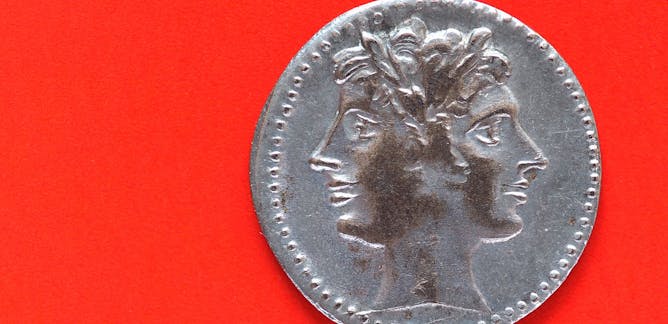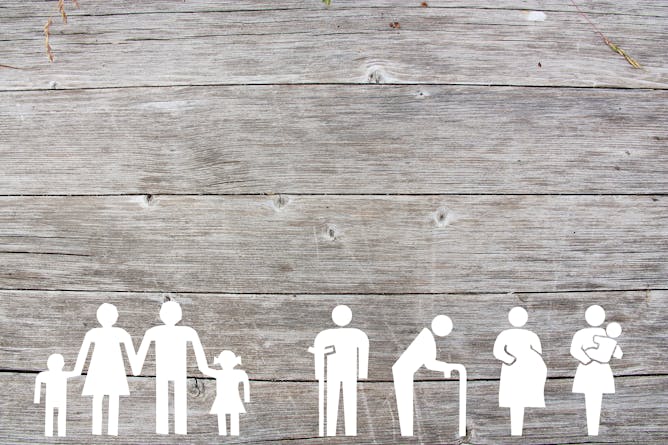|
Happy Chinese New Year – Kung Hei Fat Choy! (Cantonese) or Gong Xi Fa Cai! (Mandarin). The Year of the Rabbit starts Sunday, but did you know that other Asian countries may be celebrating the Year of the Cat?
Canadians across the country will take part in Chinese New Year celebrations this weekend. And maybe this is a chance to recommit to the New Year’s resolution you may have already given up on (because according to some sources, most of us would have done just that as of last Thursday).
Chinese New Year is also known as the Lunar New Year and it’s celebrated in various parts of Asia – Tibet and Mongolia follow a similar lunar calendar that will start the Year of the Rabbit on Feb. 20.
So for your weekend reading pleasure, I’ve reached across the global network of The Conversation to assemble a package that explains everything you need to know about the Year of the Rabbit (and rabbits themselves), as well as some motivational articles about setting new goals (because it’s never too late).
I hope you will take time this weekend to listen to the latest episode of The Conversation Weekly podcast, which this week is hosted by our very own Nehal El-Hadi.
Have a great weekend and we’ll be back in your Inbox on Monday.
|
Weekend Reads: The Year of the Rabbit (or Cat)
|

Emma Sherratt, University of Adelaide
You might think of bunnies as ubiquitous, but it’s actually a relatively small group of species – and many of them are unique, little-known, and in trouble.
| |

Megan Bryson, University of Tennessee
In most parts of East Asia, the new year that begins on Jan. 22 corresponds to the rabbit. In Vietnam though it will usher in the Year of the Cat.
|

Pragya Agarwal, Loughborough University
We need to understand our brains to achieve true change.
| |

Taylor Grasso, University of Colorado Anschutz Medical Campus
Detox diets and cleanses supposedly clear the body of allegedly toxic substances. But the evidence suggests otherwise.
|

Ken Nosaka, Edith Cowan University
New research shows even one muscle contraction a day, for five days a week, is effective at improving muscle strength if you keep it up for a month.
| |

Peter A. Heslin, UNSW Sydney; Lauren A. Keating, EM Lyon Business School; Ute-Christine Klehe, University of Giessen
Setting goals is one thing. Achieving them another. We’ve distilled the research down to 12 goal-enabling tips.
|

Joanne Dickson, Edith Cowan University
New Year resolutions continue to capture people’s imagination, hopes, and promises for betterment. Even after 4,000 years, the New Year continues to symbolise an opportunity for a fresh start.
| |

Nicole Dufoe, University of Toronto
The 1859 book ‘Self-Help’ by Scottish journalist and physician Samuel Smiles was written in bite-sized pieces reminiscent of today’s wellness and lifestyle New Year tips.
|
|
|

Nehal El-Hadi, The Conversation; Daniel Merino, The Conversation
Amid further strain on public funding, we ask: What’s the future of the welfare state in developed and developing nations?
|